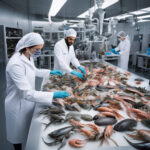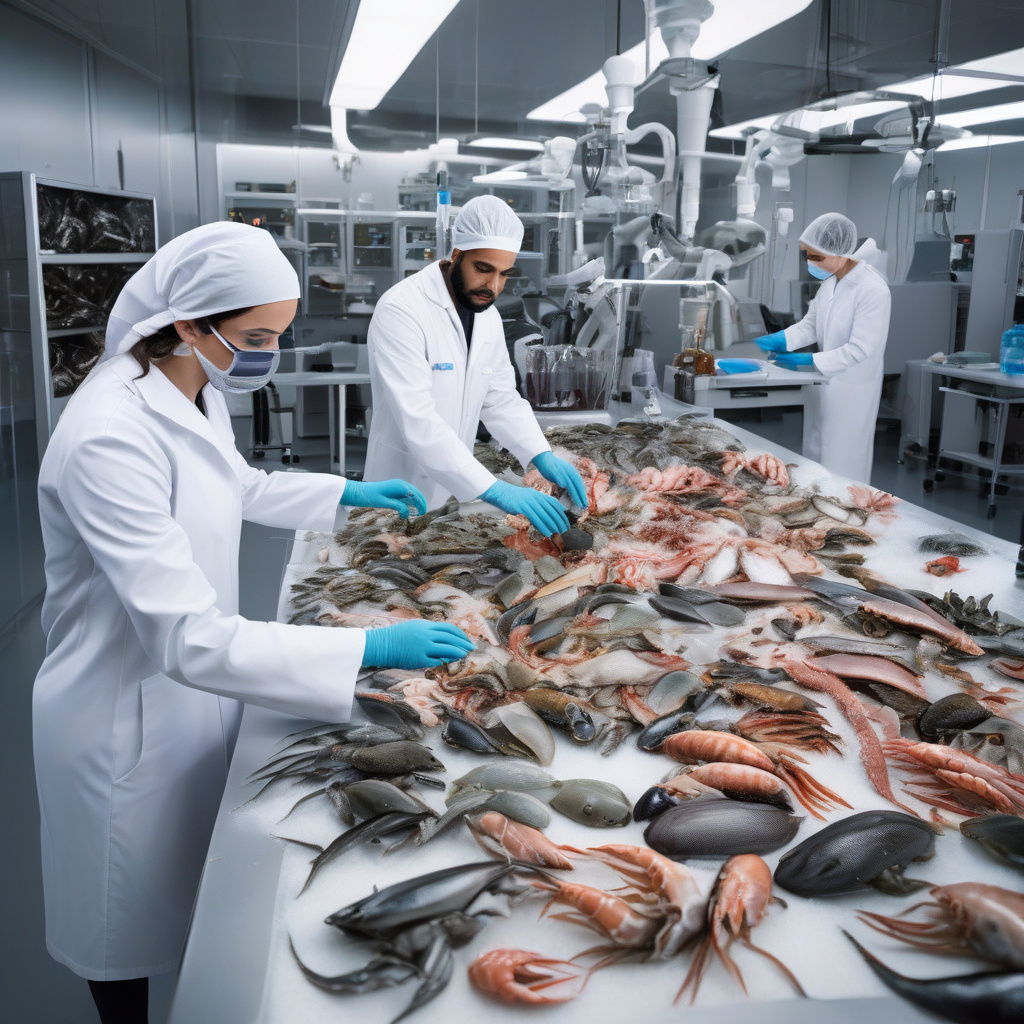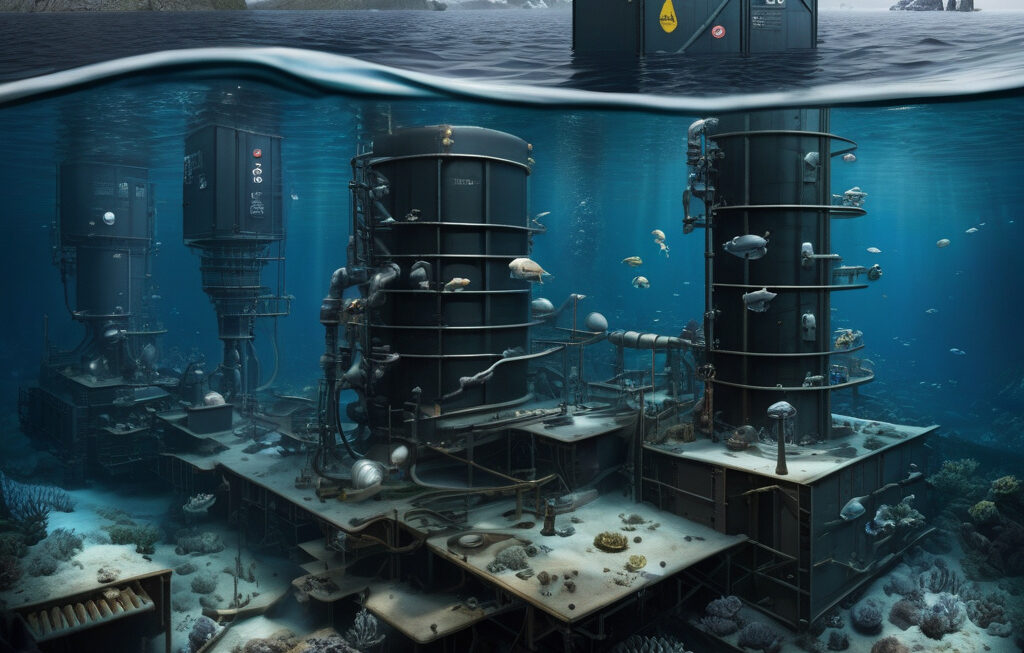UAE Turns Seafood Waste into Powerful Carbon-Capturing Material for Climate Fight
Researchers at the University of Sharjah, UAE, have developed a new way to turn shrimp, crab, and lobster shells into a valuable resource in the fight against climate change. By converting seafood waste into a powerful carbon-capturing material, the researchers have not only found a sustainable solution for waste management but also a way to reduce carbon dioxide levels in the atmosphere.
The process involves extracting chitin, a fibrous substance found in the exoskeletons of crustaceans, from the discarded shells. Chitin is then transformed into chitosan, a biopolymer known for its ability to absorb carbon dioxide. This carbon-capturing material can be used in various applications, including air filters, water purification systems, and even as a fertilizer in agriculture.
One of the key benefits of this innovative approach is that it tackles two significant environmental challenges simultaneously: waste accumulation from the seafood industry and the need to reduce greenhouse gas emissions. By upcycling seafood waste into a valuable product, the researchers are paving the way for a more sustainable and eco-friendly future.
Moreover, the carbon-capturing properties of chitosan make it a promising tool in the fight against climate change. As carbon dioxide levels continue to rise and contribute to global warming, finding effective ways to capture and store carbon is crucial. The UAE’s initiative to repurpose seafood waste for this purpose demonstrates a proactive stance in addressing environmental issues.
In addition to its environmental benefits, the conversion of seafood waste into carbon-capturing material also presents economic opportunities. By creating a value-added product from a previously discarded resource, the UAE can potentially boost its economy while promoting sustainability. This circular economy model not only reduces waste but also generates new revenue streams.
Furthermore, the innovative use of chitosan derived from seafood waste highlights the importance of research and technology in driving sustainable solutions. By harnessing the power of science and innovation, countries like the UAE can lead the way in addressing pressing environmental challenges.
As awareness of the environmental impact of human activities grows, initiatives like the one spearheaded by the University of Sharjah become increasingly significant. By showcasing the potential of turning waste into a valuable resource, the UAE sets an example for other nations to follow in the transition towards a more sustainable future.
In conclusion, the UAE’s innovative approach to converting seafood waste into carbon-capturing material is a commendable step towards combating climate change and promoting sustainability. Through research, technology, and a commitment to environmental stewardship, the country is harnessing the power of innovation to address global challenges.
#UAE, #SeafoodWaste, #CarbonCapture, #ClimateChange, #Sustainability












